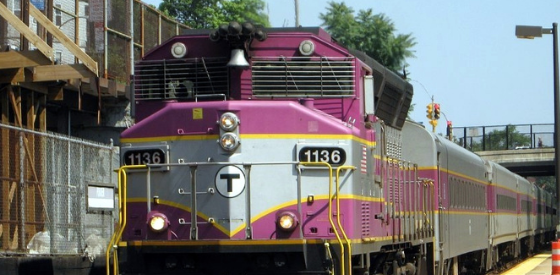Working to address a projected $579 million budget shortfall, the MBTA has proposed a series of major service cuts that would reach across bus, commuter rail, subway, and ferry lines in the next fiscal year, which begins in July. Absent new funding and concerted action, these service cuts would likely extend well into the future. This means that right around the time we hope to emerge from the pandemic and turn the economy back on, we will wind down the transportation networks that are so central to a sustainable and equitable recovery.
Affordable, accessible, and reliable public transit is especially vital to Gateway City revitalization. Many Gateway City development projects that have been years in the making are now on life support. If the MBTA is forced to dramatically cut service, these transformative developments are unlikely to take shape. This would have a near-term impact on construction related economic activity and associated revenues. In addition, we should anticipate longer-term costs to the state; if Gateway Cities are unable to increase their tax bases, they will remain overly reliant on state aid.
Beyond these impacts on development, the proposed cuts would make it significantly more difficult to get back to full employment. Unemployment rates in several Gateway Cities continue to top 20 percent. MassINC research has shown how the rail network expands access to jobs for transit-dependent residents, increasing employment and labor market participation. And because low-income Gateway City residents are far less likely to find employment in fields where remote work is an option, the longer we rely on telecommuting, the more inequity reductions in transit will create.
With revenue falling and needs rising across state government, legislators now face an incredibly difficult set of challenges. However, the transportation system’s travails are not simply a product of the pandemic. They result from years of short-term thinking and neglect. They result from years of short-term thinking and neglect. Now is not the moment for more of the same. As we have written many times in the past, if legislators are unable to find the resources required to operate a transportation network that enables sustainable and equitable growth, they should cede that responsibility to voters and local leaders by enabling regional ballot initiatives (RBIs). RBIs won’t address the FY22 problem. But they will empower regions to build anew, especially if a federal infrastructure bill emerges in the next Congress.
